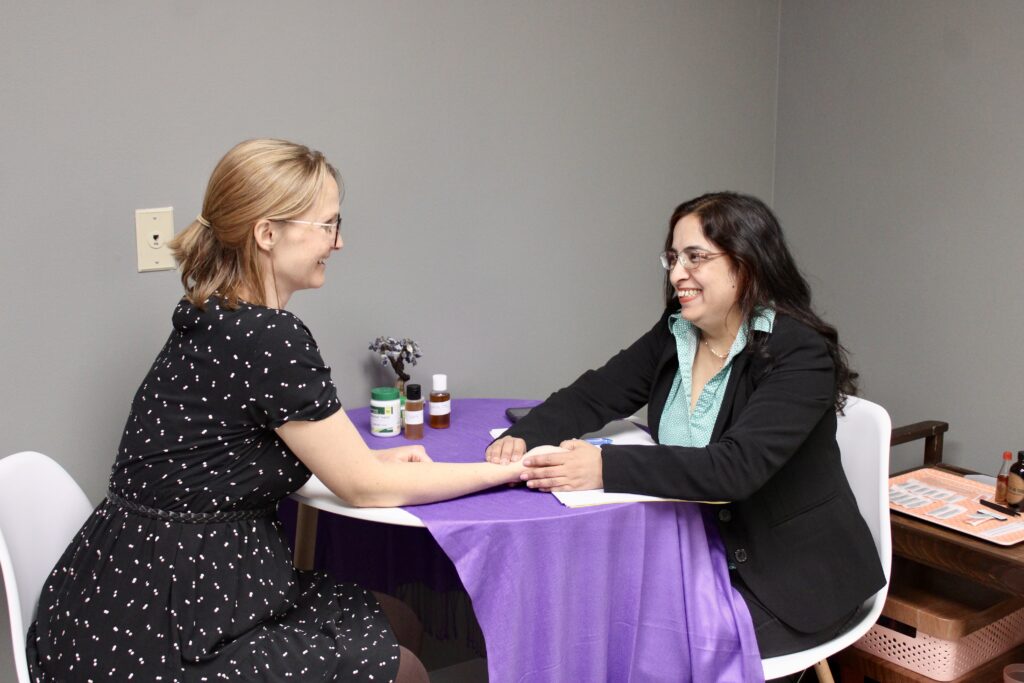Introduction
In a world that often feels fast-paced and stressful, finding effective ways to restore balance and nurture our well-being is paramount. Complimentary holistic therapies offer a path to that restoration, addressing the interconnectedness of the whole person. By incorporating diverse modalities such as acupuncture, massage therapy, reiki and energy healing, and mindfulness practices, these therapies aim to promote healing and enhance overall health.
What are they?
Complimentary holistic therapies are alternative approaches to conventional medicine. These therapies focus on promoting wellness by considering the whole person. They recognize the intrinsic connection between the mind, body, emotions, and elevated parts of the person. Their aim is to restore balance and harmony within and between these realms. Unlike standard medical interventions, complimentary holistic therapies emphasize natural healing processes and self-care techniques that empower individuals to take an active role in their well-being.

Benefits
One of the primary benefits of complementary holistic therapies, perhaps the most crucial, is their ability to address the root causes of physical and emotional imbalances, rather than merely treating symptoms. For instance, acupuncture promotes the flow of energy within the body, alleviating pain and enhancing overall well-being. Ayurveda helps by promoting balance and harmony through personalized lifestyle practices, diet, herbal remedies, and therapies based on an individual’s unique constitution and imbalances. Mindfulness practices, such as meditation and yoga, cultivate present-moment awareness, reducing anxiety and enhancing mental clarity.

A helpful component of complimentary holistic therapies is that they encompass a wide range of modalities. This allows individuals to find approaches that resonate with their unique needs and preferences. Instead of a cookie-cutter plan that gets put into place regardless of the individual’s preference or unique situations, these holistic practices allow a person to find their own vehicle for their healing and continued health. By integrating these practices into their lives, individuals can experience a sense of empowerment, improved physical health, emotional balance, and increased vitality.
It is important to note that complementary holistic therapies are not intended as substitutes for conventional medical treatments. Instead, they complement traditional approaches and foster a comprehensive, personalized approach to healthcare. Many individuals find that incorporating holistic therapies into their wellness routine helps them in myriad ways. Stress management, reducing the side effects of medications, and promoting overall well-being are just a few of the benefits. It is crucial to consult with healthcare professionals to ensure the safe and effective integration of these therapies.

Conclusion
Complimentary holistic therapies offer a multifaceted approach to wellness, addressing the spectrum of an individual’s well-being. By embracing these therapies, individuals can enhance their overall health, promote self-care, and cultivate a sense of balance and harmony. Whether through acupuncture, Ayurveda, Traditional Chinese Medicine, or mindfulness practices, these therapies empower individuals to take an active role in their journey toward optimal health and wellness and create a lifestyle that can continue to be successful for them over the width and breadth of their lives.

John has a Bachelors in Communication from Cleveland State University and has made a career in child and adolescent mental health, working in residential, community, and day treatment settings in a variety of roles. He has also spent over 24 years training in Chinese Internal Arts, most of that time he has also been instructing. On top of all this, John has a rich work history which includes retail, performance, fitness, and construction.

